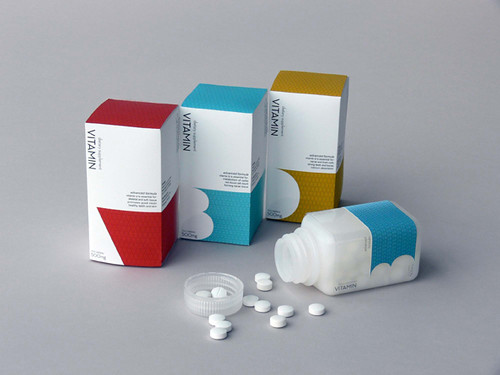
Peak athletic performance isn’t just built in the gym or on the field; it’s forged at a cellular level. While macronutrients like protein, carbs, and fats get most of the attention, a hidden world of micronutrients dictates everything from energy production to muscle repair and immune resilience. For any serious athlete, the demands of intense training amplify the need for these essential compounds far beyond that of the average person.
Increased metabolic stress, sweat loss, and the constant need for tissue repair create a unique nutritional environment where deficiencies can silently sabotage progress. This isn’t about mere sustenance; it’s about providing your body with the precise tools it needs to push boundaries, recover faster, and dominate your chosen discipline. Ignoring this crucial aspect of nutrition is leaving gains on the table.
This guide moves beyond generic advice to provide a detailed roadmap of the best vitamins for athletes. We’ll explore why specific micronutrients are indispensable, analyzing their roles in performance, endurance, and recovery. You will learn about optimal intake through both natural food sources and advanced supplementation strategies, helping you unlock your true athletic potential. Consider this your definitive resource for refining your micronutrient strategy, starting with these powerful foundational compounds.
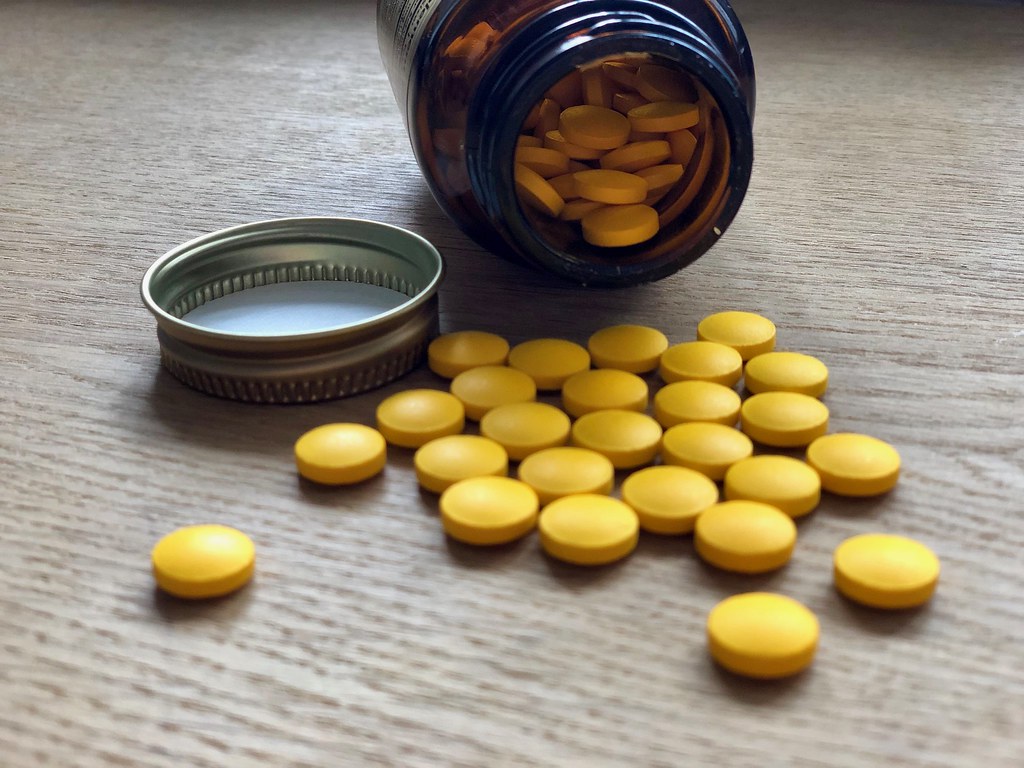
1. **Vitamin D3: The Sunshine Vitamin for Bone and Muscle Integrity**
Often called the ‘sunshine vitamin,’ Vitamin D3 (cholecalciferol) is a fat-soluble vitamin that functions more like a hormone in the body. It plays a pivotal role in athletic performance by regulating calcium and phosphate absorption, fundamental for maintaining strong, healthy bones. For athletes, this directly reduces the risk of stress fractures and other bone-related injuries, common in high-impact sports.
Beyond bone integrity, Vitamin D3 is critical for optimal muscle function and strength. It influences muscle contraction and protein synthesis, directly impacting an athlete’s power output and recovery. Deficiencies are remarkably common, especially for athletes training indoors, in northern climates, or with darker skin tones. Professional organizations, including NFL teams and Olympic squads, routinely monitor and supplement their athletes’ levels to prevent performance decrements.
Adequate D3 levels are essential for preventing stress fractures, as seen in professional basketball players and endurance runners. Studies show a direct correlation between Vitamin D status and muscle power, leading to measurable gains in strength. Furthermore, Vitamin D helps modulate immune responses, keeping athletes healthier. To maximize absorption, take it with a meal containing healthy fats. Always consult a healthcare professional to get your blood levels tested before starting supplementation.
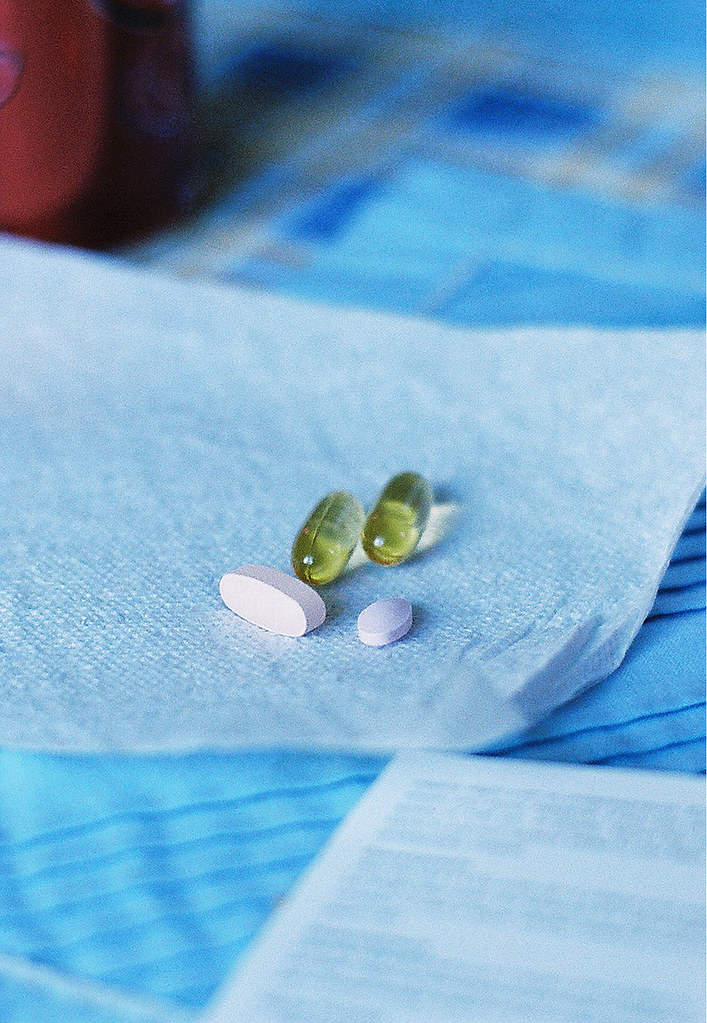
2. **B-Complex Vitamins: The Engine for Energy Metabolism**
B-Complex is a group of eight essential water-soluble vitamins acting as the metabolic engine for the body. For athletes, these vitamins are non-negotiable, playing a direct role in converting food into usable energy (ATP), supporting nervous system function, and aiding red blood cell formation. Athletes often require higher intakes to fuel their performance and recovery.
Unlike fat-soluble vitamins, the body does not store B vitamins, and they deplete through sweat and increased metabolic turnover during intense exercise. Consistent intake is crucial. A deficiency in even one B vitamin, like B12 or B6, can bottleneck energy production, leading to premature fatigue and reduced endurance. This makes B-complex a cornerstone supplement for elite athletes from Tour de France cyclists to competitive CrossFitters.
B vitamins are coenzymes in metabolic pathways for breaking down carbohydrates and fats for fuel; marathon runners use them to maintain energy. They are vital for nerve impulse transmission and cognitive function, aiding focus and coordination in team sports. Vitamins B12 and B9 (folate) are essential for healthy red blood cell production, crucial for oxygen transport to muscles, making them key for endurance. When supplementing, choose a comprehensive B-complex formula, as they work synergistically. Methylated forms enhance bioavailability.
As these vitamins are water-soluble, consider splitting doses throughout the day and always take them with a meal to minimize stomach upset. For targeted and efficient delivery, injectable B-complex is also an option that bypasses the digestive system entirely, offering maximum impact for those truly pushing the limits.

3. **Vitamin C: The Antioxidant Powerhouse for Repair and Immunity**
Vitamin C, or ascorbic acid, is a water-soluble vitamin renowned for its potent antioxidant properties. It plays a critical role in protecting the body from exercise-induced oxidative stress, the cellular damage caused by free radicals generated during intense activity. By neutralizing these damaging molecules, Vitamin C helps mitigate inflammation and muscle soreness, allowing for faster recovery.
This vitamin is also indispensable for collagen synthesis, building the primary protein for connective tissues like tendons and ligaments. For athletes, strong collagen is vital for joint health and tissue repair, fortifying the body against repetitive movements and high-impact forces. Furthermore, it enhances iron absorption, a mineral essential for oxygen transport and energy production, making it a key vitamin for peak performance.
Vitamin C is fundamental for producing collagen, crucial for healing minor sprains and general tissue wear-and-tear; soccer and basketball players supplement for joint integrity. Intense training can temporarily weaken the immune system. Ultra-marathoners and winter sport athletes frequently use Vitamin C to reduce the incidence and severity of upper respiratory tract infections. As a powerful antioxidant, it reduces cellular damage, leading to less muscle soreness and improved recovery times for all athletes.
Adequate Vitamin C levels are crucial for athletes to stay healthy and recover effectively. Because the body cannot store it, consistent daily intake is necessary. For optimal antioxidant benefits, time a dose around your training window. To reduce potential stomach irritation from higher doses, consider buffered forms like calcium ascorbate.
Read more about: The Definitive Guide to Joint Health: 13 Expert-Recommended Supplements for Pain Relief and Mobility

4. **Magnesium: The Unsung Hero of Muscle Recovery and Energy**
Magnesium is a vital mineral acting as a cofactor in over 300 enzymatic reactions, making it indispensable for athletes. Its roles are vast, governing energy production (ATP metabolism), muscle contraction, nerve function, and protein synthesis. Maintaining adequate magnesium levels is a constant challenge for athletes, as intense exercise increases losses through sweat and urine, while metabolic demands soar.
This frequent depletion can lead to fatigue, muscle cramps, and impaired recovery if not addressed. Due to its direct involvement in muscle relaxation and nervous system regulation, magnesium is a cornerstone of any serious recovery protocol. Suboptimal levels are common among hard-training individuals, directly hindering performance by compromising energy output and recovery.
Magnesium helps regulate muscle contractions and electrolyte balance; many tennis players and endurance athletes rely on it to prevent debilitating cramps. By calming the nervous system, magnesium can improve sleep quality, critical for muscle repair and hormone regulation; bodybuilders often take it before bed. As a key player in ATP creation, optimal magnesium levels are essential for sustaining performance. For best results, consider chelated forms like magnesium glycinate for superior absorption and take it in the evening to support restorative sleep.
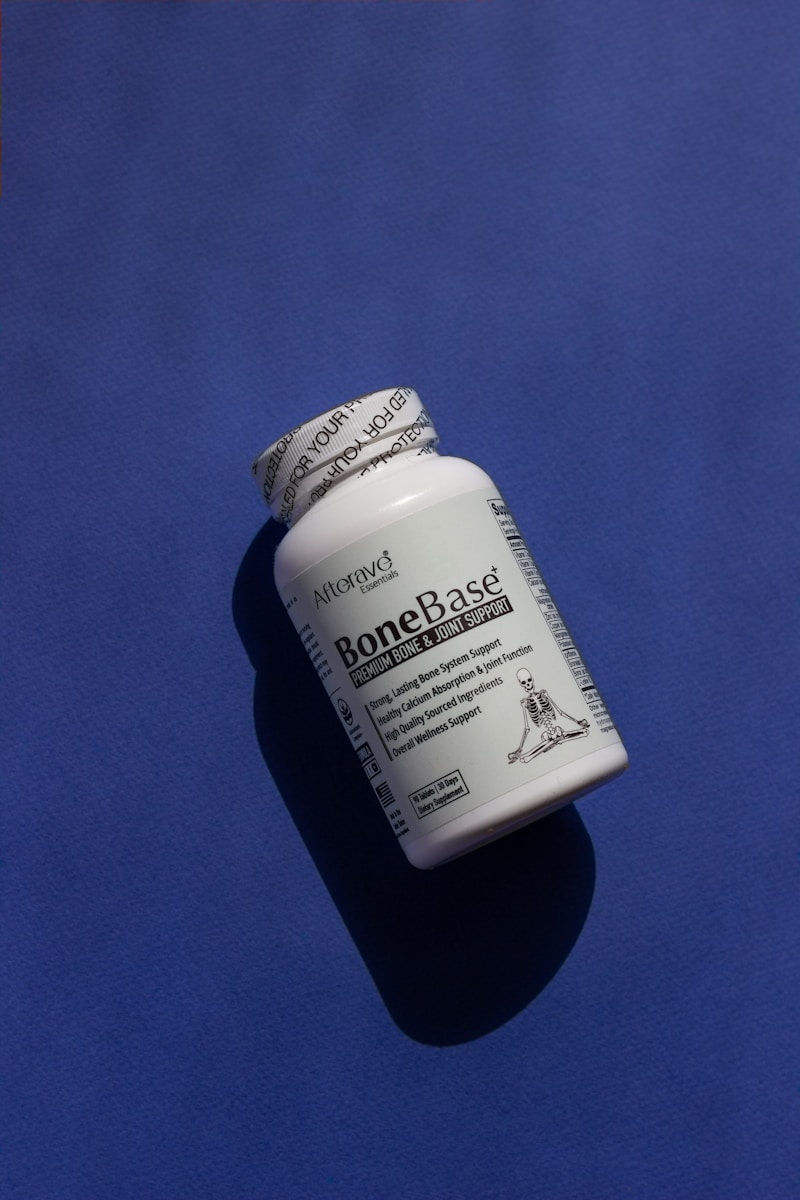
5. **Iron: The Oxygen Carrier for Peak Endurance and Energy**
While technically a mineral, iron’s role in energy metabolism is so crucial that it functions like one of the best vitamins for athletes. Iron is a core component of hemoglobin, transporting oxygen from lungs to working muscles. It’s also vital for myoglobin, storing oxygen within muscle cells for sustained aerobic activity and energy production. Without sufficient iron, oxygen delivery suffers.
Athletes, especially female and endurance athletes, face a higher risk of iron deficiency. This is due to increased demands from intense training, losses through sweat, gastrointestinal bleeding, and foot-strike hemolysis. An iron deficiency leads to fatigue, reduced work capacity, and impaired athletic performance, making it critical to monitor for anyone serious about their training.
Adequate iron levels ensure optimal oxygen delivery to muscles, directly boosting aerobic capacity and stamina; female distance runners and endurance cyclists supplement to counteract losses. Athletes training at high altitudes use iron to support red blood cell production for lower oxygen levels. Iron is essential for the electron transport chain in cellular energy (ATP) production, reducing fatigue. However, excess iron can be toxic, so get blood levels tested before supplementing. To improve absorption, take iron with Vitamin C and avoid calcium, coffee, or tea.
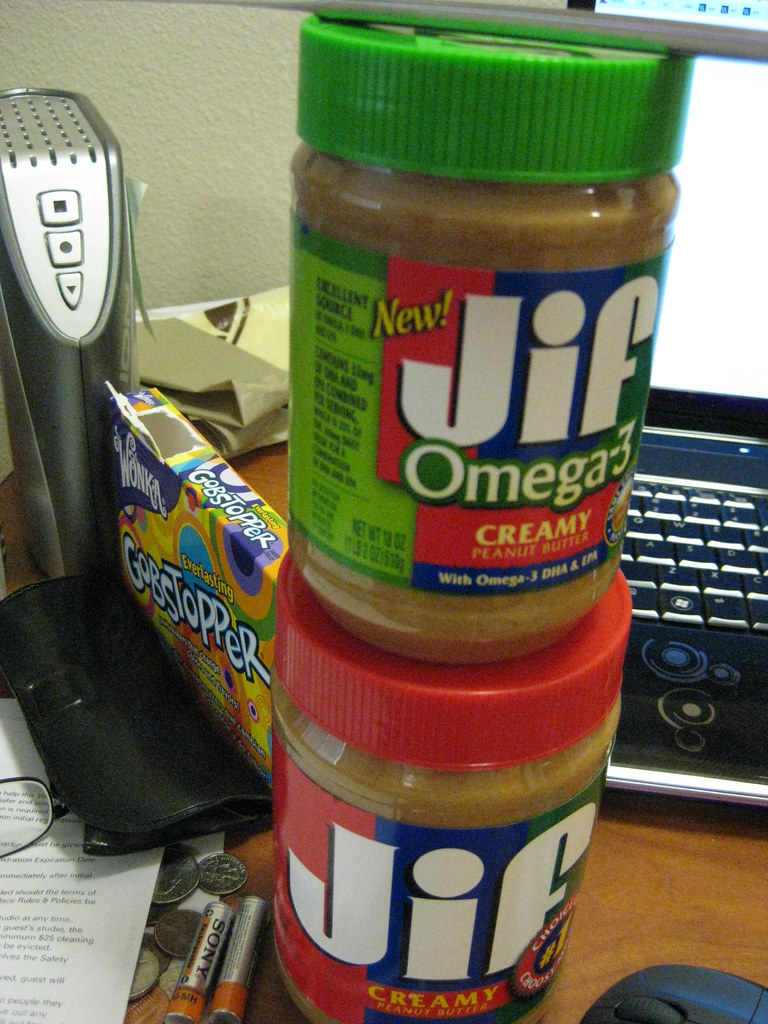
6. **Omega-3 Fatty Acids (EPA/DHA): The Anti-Inflammatory Powerhouse**
While not technically a vitamin, Omega-3 fatty acids are essential polyunsaturated fats indispensable for elite athletic function. The crucial forms for athletes are eicosapentaenoic acid (EPA) and docosahexaenoic acid (DHA), typically from fish oil. These compounds are renowned for potent anti-inflammatory properties, directly combating exercise-induced inflammation, muscle soreness, and delayed recovery. By resolving inflammation, Omega-3s allow athletes to train harder and more frequently.
Beyond recovery, these fatty acids are integral to overall health, supporting cardiovascular function, joint integrity, and brain health. Cell membranes rely on these healthy fats for correct function, critical for efficient nerve signaling and maintaining flexible, healthy joints under heavy loads. Because the body cannot produce them efficiently, they must be obtained through diet or supplementation, making them important for athletes to monitor.
Omega-3s help manage delayed onset muscle soreness (DOMS) by mitigating inflammatory response; combat sport athletes and bodybuilders use high doses for faster recovery. Powerlifters supplement for joint lubrication and reduced chronic aches; NFL players use them for brain health and cognitive function. Endurance athletes benefit from cardiovascular advantages, including improved blood flow and heart health, crucial for sustained performance.
To maximize benefits, choose a high-quality, third-party tested supplement for purity and potency, aiming for a combined dose of 2-3 grams of EPA and DHA daily. Taking them with a meal can improve absorption and prevent stomach upset. Always consult a healthcare professional to determine the right dosage for your specific training demands and health goals.
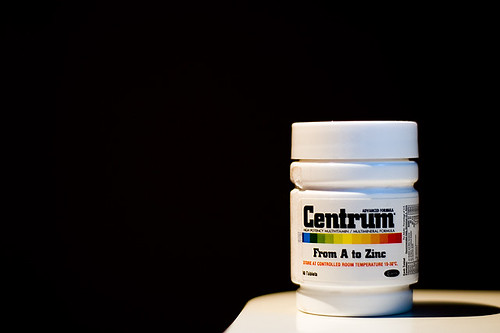
7. **Zinc: The Essential Mineral for Immunity and Recovery**
Zinc is a fundamental trace mineral playing a powerful role in hundreds of enzymatic reactions. For athletes, its importance is paramount, integral to protein synthesis, wound healing, and cellular repair—processes constantly at work during intense training and recovery. Zinc is also a cornerstone of a robust immune system and maintains healthy testosterone levels, vital for muscle growth and strength.
Athletes often have higher zinc requirements and a greater risk for deficiency due to increased losses through sweat and urine, coupled with elevated metabolic demands. A slight deficiency can compromise immune response, impair muscle repair, and drop performance. Its popularity in ZMA formulas highlights its perceived value for enhancing recovery and sleep quality, a testament to its broad benefits.
Wrestlers and athletes undergoing stressful weight cuts supplement with zinc to bolster immune defenses. Endurance athletes also use it to stay healthy during demanding training blocks. Strength athletes, from powerlifters to bodybuilders, utilize zinc to support optimal testosterone production, crucial for muscle mass and strength. Zinc is critical for cell growth and protein synthesis, essential for repairing muscle micro-tears and healing minor injuries.
These applications demonstrate zinc’s role as a non-negotiable component of an athlete’s nutritional strategy. To avoid stomach upset, take it with food. For long-term supplementation, monitor copper levels, as high zinc intake can interfere with copper absorption. Always consult a healthcare professional to ensure your supplementation strategy aligns with your specific needs, maintaining critical balance for sustained success.
Beyond the core foundational micronutrients, the world of athletic recovery extends to advanced aids designed to sharpen your edge and elevate performance to elite levels. For athletes relentlessly pushing their physical boundaries, maximizing every aspect of recovery isn’t just an advantage—it’s a necessity. This section delves into several powerful supplements that go beyond the basics, offering targeted support for everything from cellular protection to mental fortitude, alongside a strategic blueprint for integrating these aids effectively.
From battling oxidative stress to enhancing mental clarity and bolstering muscle repair, these next supplements represent the cutting edge of performance nutrition. We’ll uncover how each one functions within the athlete’s body, providing practical insights and actionable recommendations to help you harness their full potential. This is about transforming your recovery process from an afterthought into a proactive, data-driven strategy for sustained success.
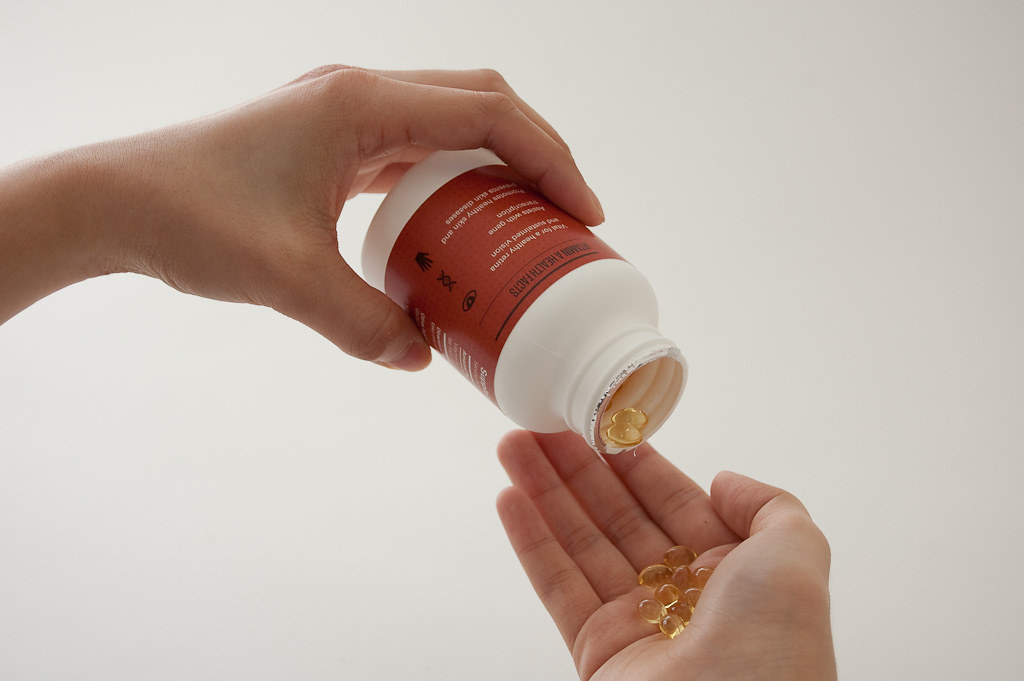
8. **Vitamin E: The Cellular Protector Against Exercise-Induced Damage**
Vitamin E is a powerful, fat-soluble antioxidant that stands as a primary defender of cell membranes. During intense physical activity, the body’s oxygen consumption dramatically increases, leading to a surge in free radical production. These unstable molecules cause oxidative stress, damaging cells and contributing to muscle soreness and fatigue, directly impacting an athlete’s ability to perform consistently at their peak.
This vital nutrient actively neutralizes these free radicals, directly protecting muscle cells from this exercise-induced damage. Its role is particularly crucial for endurance and high-intensity athletes whose training regimens create significant oxidative loads. By safeguarding the integrity of cell membranes, Vitamin E not only helps mitigate muscle damage but also supports a robust immune system, which can be temporarily weakened by strenuous exertion.
This protective action is why it is considered one of the best vitamins for athletes focused on long-term performance and efficient recovery. Vitamin E helps minimize the breakdown of muscle tissue during and after intense workouts, making it invaluable for ultra-endurance athletes and bodybuilders looking to speed up recovery between sessions. It also protects the body from environmental stressors, a benefit for athletes training in polluted urban areas or at high altitudes where oxidative stress is greater.
By preventing free radical damage to immune cells, Vitamin E helps athletes stay healthy and avoid training interruptions. For optimal absorption, it should be consumed with a meal containing healthy fats. Always consider choosing a natural form (d-alpha-tocopherol) and consult a healthcare professional to ensure your supplementation strategy aligns with your training goals and doesn’t interfere with natural training adaptations.
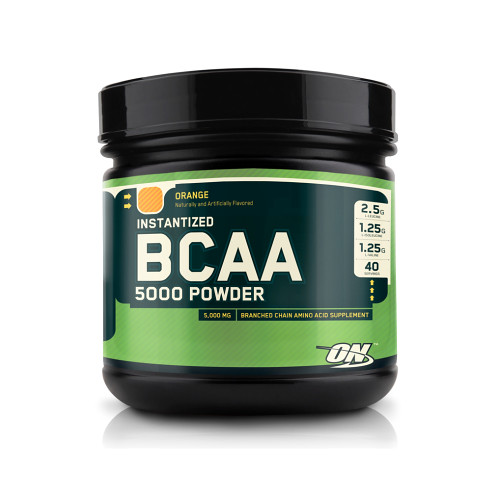
9. **Branched Chain Amino Acids (BCAAs): The Muscle-Building Block for Faster Recovery**
BCAAs, a specific class of amino acids with branched side chains including leucine, isoleucine, and valine, are among the most commonly used supplements in trained athletes. These essential amino acids are broken down for fuel during exercise, and their supplementation is thought to provide substrate for anabolic (muscle-building) processes, prolonging energy sources and protecting against muscle damage and fatigue.
Beyond basic nutrition, BCAAs offer tangible benefits for athletic recovery. Studies show that individuals who supplemented with BCAAs recovered a greater amount of their maximal isometric force after 1-4 hours following acute exercise, compared to placebo groups. This translates to faster physical recovery, a critical factor for athletes needing to perform repeatedly or during multi-day competitions.
Moreover, BCAAs may decrease the perception of fatigue and soreness following exercise after 24 hours, helping athletes feel fresher and ready for their next session sooner. They can also support the maintenance of lean mass while losing fat mass in hypocaloric settings, making them valuable for athletes in weight-sensitive sports. One study even found that BCAAs increased some participants’ power with bench press, indicating performance-enhancing potential.
Our recommendations firmly place BCAAs as a supplement well-supported by scientific literature, capable of shortening recovery time and decreasing perceptions of fatigue. This can maximize athletic results by supporting the ability to endure long training sessions and return to sport quicker. Doses ranging from 0.087 to 0.22 grams per kg of body weight per day for at least eight days, or 20 grams one hour prior to exercise, have shown positive outcomes, with 10-30 grams per day having no noted ill effects.
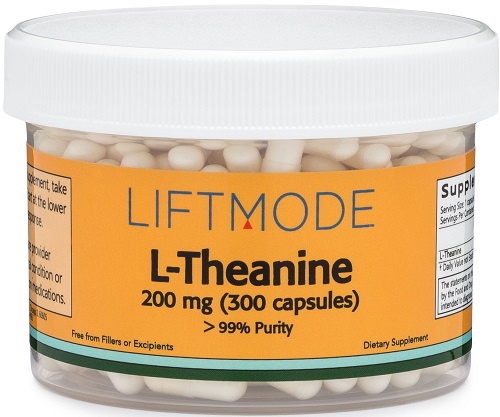
10. **L-theanine (LTE): Elevating Mental Recovery and Well-being**
L-theanine (LTE) is a non-proteinogenic amino acid structurally similar to glutamate, primarily found in green tea. While physical recovery often takes center stage, mental restoration following strenuous training or competition is equally vital for preventing burnout and enabling athletes to maintain a consistent level of high-intensity training. This is where LTE truly shines, offering a unique avenue for supporting an athlete’s overall well-being.
LTE may significantly support mental recovery by promoting relaxation and facilitating a quicker return to a non-arousal state after intense exercise. This benefit extends beyond just feeling calm; it can decrease perceived anxiety levels and support mental well-being, which is a crucial, yet often overlooked, aspect of preventing burnout and sustaining the rigorous demands of athletic life. This mental resilience is key to consistent, high-level performance.
Furthermore, LTE may help combat immunosuppression associated with overtraining syndrome (OTS), a condition where prolonged periods of high-intensity exercise suppress the immune system, leaving athletes susceptible to minor illnesses like upper respiratory infections. By aiding mental recovery and potentially mitigating immune compromise, LTE emerges as a powerful tool in an athlete’s arsenal, protecting both mind and body.
Although there is no clear agreement regarding the best dosing strategy for LTE, studies have demonstrated physiological benefits with doses ranging from 50 to 200 mg per day. Within this range, LTE is considered safe for consumption and has shown no toxic effects. Given its potential to aid mental recovery, we recommend considering LTE as a valuable addition to your supplementation strategy, though further studies on larger sample sizes of athletes may be necessary for a comprehensive recommendation.
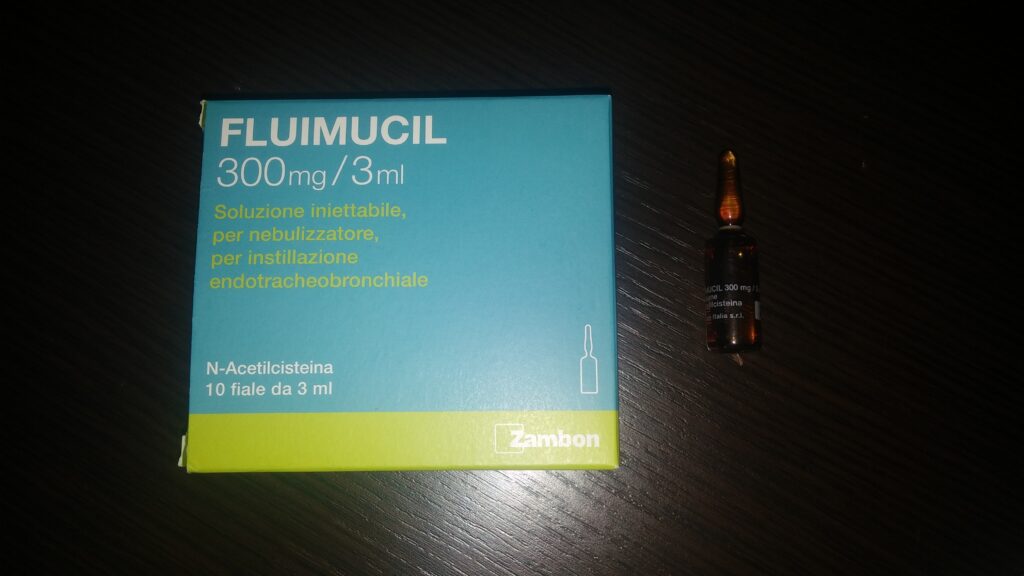
11. **N-acetylcysteine (NAC): Unlocking Antioxidant Power for Muscle Repair**
N-acetylcysteine (NAC) is a synthetic derivative of the naturally occurring amino acid L-cysteine. Within the body, both L-cysteine and NAC possess direct antioxidative properties and serve as precursors to glutathione (GSH), which is another potent antioxidant. This dual action makes NAC a compelling supplement for athletes battling the cellular damage and oxidative stress inherent in intense physical training.
Intense exercise inevitably generates free radicals, leading to oxidative stress, which contributes to muscle soreness and impaired recovery. By boosting the body’s antioxidant defenses, NAC aims to mitigate this damage. While its role in reducing perceived muscle soreness remains a subject of ongoing investigation, the premise behind its use is sound: provide the body with the tools to fight back against the cellular cost of hard training.
Numerous studies evaluating the effects of NAC supplementation have shown mixed outcomes regarding the benefits of its antioxidative properties and ability to reduce muscle soreness. This highlights the complex nature of athletic recovery and the individual variability in response to supplements. However, the potential for supporting the body’s natural defense mechanisms makes it an area of interest for athletes seeking every possible edge.
For now, further investigations are necessary before clear conclusions can be drawn about whether NAC supplementation definitively improves athletic recovery by decreasing perceived muscle soreness. Dosing strategies in existing studies range from 1200 to 1800 mg per day, often with a loading period of at least three days. It’s important to note that exceeding 70 mg per kg of body weight may lead to negative side effects, underscoring the importance of responsible supplementation.

12. **Turmeric: An Ancient Spice for Modern Muscle Soreness**
Turmeric, revered for centuries in traditional medicine, has garnered significant attention in the athletic community for its potential anti-inflammatory benefits. While not explicitly detailed as a vitamin or mineral in the foundational sense, its active compounds, curcuminoids, are powerful allies in the fight against exercise-induced discomfort. For athletes, this ancient spice offers a natural pathway to alleviating one of the most common hurdles to consistent training: muscle soreness.
The premise for turmeric’s inclusion in an athlete’s regimen lies in its promise to alleviate muscle soreness, which can significantly impact an athlete’s ability to perform day after day. Research suggests that doses ranging from 1.5 to 5 grams of turmeric extract daily show promise in mitigating this post-exercise discomfort. This direct impact on recovery makes it an intriguing option for those seeking natural anti-inflammatory support, despite some conflicting research that necessitates a nuanced approach.
A key factor in maximizing the effectiveness of turmeric is its bioavailability. Curcumin, the primary active compound, is notoriously poorly absorbed by the body. This is why supplementing with piperine, derived from black pepper, is often recommended, as it significantly enhances curcumin’s absorption and, consequently, its potential benefits. This strategic combination ensures that athletes get the most out of their turmeric supplementation.
Given the challenges of intense training—fatigue, musculoskeletal pains, and delayed-onset muscle soreness—integrating a natural aid like turmeric can be a game-changer for high-performance athletes. While individual responses may vary and research continues to evolve, its potential to alleviate soreness makes it a valuable component of a comprehensive recovery strategy, particularly when paired with an absorption enhancer.

13. **Ashwagandha: The Adaptogen for Athletic and Mental Resilience**
Ashwagandha, an adaptogenic herb, has been gaining traction among athletes for its multifaceted benefits, extending beyond typical physical recovery to encompass mental fortitude. In the demanding world of high-performance sports, where stress, fatigue, and the constant pursuit of improvement are the norm, adaptogens like Ashwagandha offer a unique form of support by helping the body manage stress and maintain balance.
This powerful herb holds the potential to reduce muscle soreness and improve athletic recovery, directly contributing to an athlete’s ability to bounce back faster from strenuous workouts. With a suggested dose of 600 mg daily, Ashwagandha works to modulate the body’s stress response, which in turn can positively influence physical recovery. This makes it an exciting option for athletes looking to optimize their body’s inherent healing processes.
Beyond physical benefits, Ashwagandha also shows promise in improving mental recovery, a crucial aspect often overlooked in athletic performance. Sustaining high-intensity training requires significant mental resilience, and any aid that can support mental well-being and prevent burnout can be invaluable. By fostering a sense of calm and aiding the body’s adaptation to stress, Ashwagandha supports the mental clarity and focus needed to maintain peak performance levels.
While research on Ashwagandha’s specific effects on athletes is still developing and somewhat limited, current evidence suggests it’s generally safe for supplementation. For athletes aiming to ascend the “athletic recovery pyramid” and gain an edge, integrating Ashwagandha could provide a holistic approach to managing the physical and mental demands of intense training, offering a unique blend of recovery and resilience support.
**Integrating Your Vitamin Strategy for a Competitive Edge**
Navigating the world of sports nutrition can feel complex, but understanding the roles of the best vitamins for athletes is the critical first step toward unlocking your full potential. This guide has detailed the specific functions of crucial micronutrients, from Vitamin D3’s role in bone health and hormonal balance to the B-Complex vitamins’ direct impact on energy metabolism. We have explored how Vitamin C and Zinc fortify your immune system against training-induced stress, while Magnesium and Iron are indispensable for muscle function and oxygen transport, and advanced aids like Vitamin E, BCAAs, LTE, NAC, Turmeric, and Ashwagandha refine your recovery.
Ultimately, mastering your vitamin intake is about building a cohesive and personalized strategy that separates dedicated athletes from elite competitors. The non-negotiable foundation of this strategy must always be a nutrient-dense diet rich in whole foods. However, the extreme physiological demands of sport often create nutritional gaps that even the most pristine diet cannot fill. This is where targeted supplementation becomes a strategic tool, not a crutch.
**From Guesswork to a Data-Driven Approach**
To truly optimize your athletic performance, the most significant takeaway is to move from guessing to a data-driven approach. Instead of randomly selecting supplements based on trends or hearsay, your journey should begin with a comprehensive, objective assessment of your body’s unique needs.
**Step 1: Get Tested.** Start by getting bloodwork done to identify any specific deficiencies or insufficiencies in key vitamins like D3, Iron, and B12. This provides an objective baseline, revealing exactly where your body needs support rather than relying on assumptions.
**Step 2: Consult a Professional.** Once you have your baseline, discuss your test results, current training load, and performance goals with a sports-focused healthcare professional or registered dietitian. They possess the expertise to interpret your individual needs and help you build a tailored supplementation plan that is both safe and effective.
**Step 3: Prioritize Diet.** With your newfound knowledge, use it to optimize your diet first. Focus on incorporating more natural sources of the vitamins you need. Think fatty fish for Omega-3s, leafy greens for Magnesium, and citrus fruits for Vitamin C, building a strong nutritional foundation through whole foods.
**Step 4: Supplement Intelligently.** Only then should you bridge the remaining gaps with high-quality, third-party tested supplements. This is where you apply the insights from this article, choosing the right forms and dosages to match your specific requirements, ensuring every supplement serves a precise purpose.
**Maximizing Bioavailability for Peak Performance**
For athletes seeking maximum efficacy and bioavailability, innovative delivery systems offer a powerful advantage. When you are pushing your body to its limits, ensuring that every nutrient is fully utilized is paramount. Injectable vitamin therapies, for example, provide a direct path to cellular nutrition by bypassing the digestive system’s potential absorption issues, which can sometimes diminish the effectiveness of oral supplements.
This method ensures 100% absorption, delivering potent, precisely dosed nutrients directly into your bloodstream for immediate use. It is an especially effective strategy for rapidly correcting deficiencies, supporting the body during intense training blocks, or ensuring peak nutrient status before a competition, offering a level of precision and impact unmatched by conventional methods.
Read more about: The Supplement You’re Taking That Might Be Harming You: An Evidence-Based Guide to Navigating Common Nutritional Aids
By combining a solid, nutrient-dense diet with intelligent, high-quality supplementation—and considering advanced delivery methods when appropriate—you create a robust internal environment. This synergy fosters superior recovery, sustained energy, and the long-term athletic resilience needed to consistently perform at your best. This is not just about taking vitamins; it is about building a comprehensive system that supports every single aspect of your athletic endeavors, propelling you beyond your current limits and towards ultimate success.



